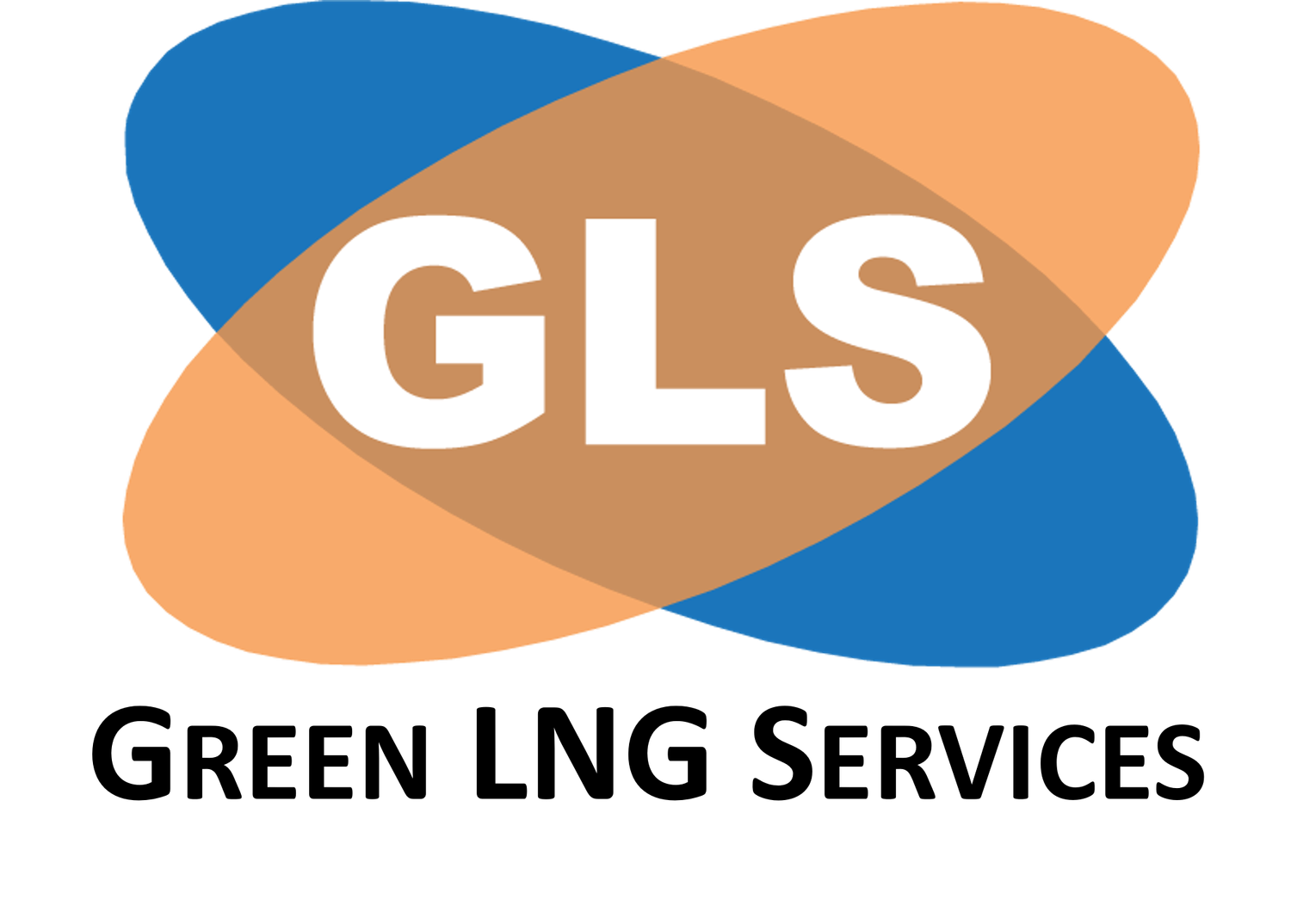The GLS Vision & Mission
The GLS mission is to develop, own and operate value chains for gas with partners that minimize the environmental impact of the gas business including the CO2 emissions and the cost level of delivering US gas to Europe. The focus is on Compressed Natural Gas, CNG, chains that are more environmentally friendly with lower cost and lower emissions relative to LNG.
The GLS team has been engaged in Compressed Natural Gas (CNG) related containment technology development for many years. When the Russians invaded Ukraine and shut off substantial gas supplies to Europe, GLS decided to initiate the European Freedom Gas Program to get gas from the US and our Main Pass Energy Hub, MPEH, to Europe faster, at lower cost and with lower CO2 emissions than LNG.
GLS has retained the Equinor team that sold the majority of the Norwegian gas delivered to Europe over the last 30 years. Peter Mellbye, the Equinor executive in charge of its international operations is a member of the GLS BOD. His successor Rune Bjørnson was retained by GLS as was Bjørn Jacobsen and Jon Larsen. The commercial team is in dialogue with one of the major European buyers of gas which was severely impacted by the reduction of Russian deliveries. The buyer is backed by the German government and is interested in purchasing significant volumes of CNG. We are also in dialogue with a leading European owner and operator of terminals and pipeline infrastructure regarding the CNG opportunity.
The GLS technology development program has focused on developing IP and patenting processes for maximizing the volume of CNG in glass fiber reinforced cylinders that are lighter than steel cylinders and that can be transported by container vessels. The GLS loading and unloading IP is critical to the large-scale, low-cost transportation of CNG.
The GLS CNG program is based upon the MPEH 24 MTPA DOE exports license. However, we intend to initiate the CNG program with an initial 1 MTPA program before developing the 24 MTPA program and an additional 21 MTPA.
We will have the US natural gas preprocessed into a European gas spec prior to being compressed for transportation.
The CNG chain will emit 50% less CO2 than the LNG chain and will substantially reduce the Henry Hub cost – Northwest Europe DES cost relative to the LNG chain. The lower CO2 emissions are of great political and regulatory importance and of financial importance for the importer due to lower CO2 levies.
The timeframe to 1st gas includes ABS certification of the fiber glass reinforced cylinders and a pilot program consisting of short haul CNG transportation and the upgrading of existing container vessels for transportation of the first 1 MTPA of gas.
GLS is working with a leading offtaker and pipeline operator in Europe and a leading gas aggregator and pipeline operator in the US to orchestrate and operate the breakthrough CNG supply chain between US and Europe that will open new trading opportunities for more competitive US gas.
About GLS
Green LNG Services (GLS) was established in 2013 to develop a new global standard in terms of the cleanest, safest, lowest risk, and lowest cost, floating liquefaction system for delivery of LNG. This effort has led to the development of Coastal Liquefaction Storage and Offloading vessels (CLSOs) for producing LNG from landlocked natural gas in coastal areas – The LIQUI-MAX® (LM) System. In 2021, the company changed its name from Global LNG Services to Green LNG Services to better reflect our vision of delivering cleaner gas, faster and at lower costs.
GLS first project is the Main Pass Energy Hub™ LNG export project. The Main Pass is located in the US Gulf of Mexico, offshore of Louisiana. The project reduce the CO2 emission by up to 50% relative to LNG and reduce the lead time for delivery of the gas from 4-5 years to 1-3 years. The MPEH gas export capacity is 24 million ton per annum.

